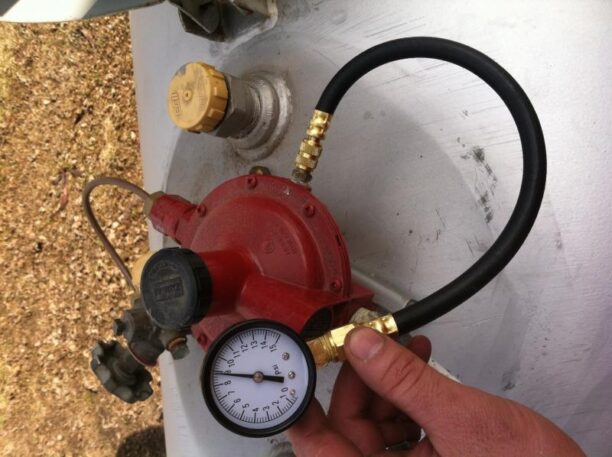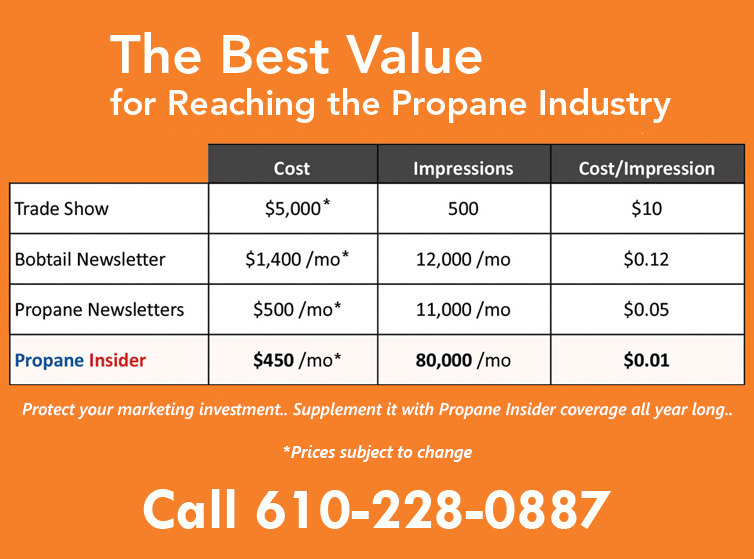Ensuring Safety Through Creep Test & Discharge System Inspections

Propane systems are vital to a number of different industries, and their safe operation hinges on rigorous testing and inspection procedures. One of the most critical aspects of maintaining these systems is the regular performance of creep tests and discharge system inspections. These practices ensure that propane equipment functions correctly and safely, minimizing risks for both businesses and customers.
What Is a Creep Test?
The creep test is a crucial procedure used to measure the pressure within a propane system over time. This test helps determine if the system’s pressure is stable or if there are leaks that could lead to dangerous situations. By carefully monitoring the pressure, technicians can detect any gradual increase or “creep” that might indicate a malfunction or failure in the system’s components.
Conducting a creep test involves several steps:
System Preparation: Before starting the test, the propane system must be isolated and the pressure stabilized at a specific level. This ensures that the test results are accurate and reflective of the system’s normal operating conditions.
Monitoring: The system is monitored over a designated period of time, typically ranging from several minutes to a few hours. During this time, technicians closely observe any changes in pressure.
Assessment: If the pressure remains stable, the system is considered to be in good working condition. However, if the pressure increases, this could signal a potential issue that requires further investigation and possibly repairs.
Why Are Discharge System Inspections Important?
Alongside creep tests, regular inspections of the discharge system are essential. The discharge system controls the release of propane from storage tanks or other containers, ensuring that the gas is safely delivered to its intended destination. Any failure in this system could lead to leaks, fires, or explosions.
Key elements of a discharge system inspection include:
Valve Inspection: Checking that all valves are functioning correctly and that there are no signs of wear or damage. Faulty valves can lead to uncontrolled releases of propane, posing significant safety risks.
Hose Examination: Inspecting hoses for cracks, splits, or other damage that could cause leaks. Hoses are a critical part of the discharge system, and their integrity is vital for safe operations.
Regulator Testing: Ensuring that pressure regulators are calibrated and functioning properly to maintain the correct flow of propane.
Why Do Regular Testing and Inspections Matter?
For propane business owners and retailers, regular testing and inspection of creep tests and discharge systems are non-negotiable. These procedures are not just about compliance with safety regulations; they are about protecting your employees, customers, and business assets. A well-maintained propane system reduces the risk of accidents and ensures the reliable delivery of propane to your clients.
Investing in training for your staff on how to conduct these tests and inspections is equally important. Properly trained technicians are more likely to identify issues before they escalate into serious problems, saving your business from potential downtime, costly repairs, or worse, catastrophic incidents.
What Support Is Available?
One resource that can help propane businesses streamline their operations and maintain the highest standards of safety and compliance is Tank Spotter. Tank Spotter offers comprehensive training on conducting creep tests and inspections, along with tools that help technicians perform these tasks accurately and efficiently. By integrating Tank Spotter into your safety protocols, you can minimize paperwork, reduce the risk of costly repairs, and prevent dangerous accidents from occurring. For more information about this innovative resource, be sure to visit Tank Spotter.
By prioritizing safety measures such as creep tests and discharge system inspections, propane businesses can operate with confidence, knowing that their equipment is functioning correctly and safely. This will, in turn, build trust with their customers and serve to provide a solid foundation for long-term success.
















